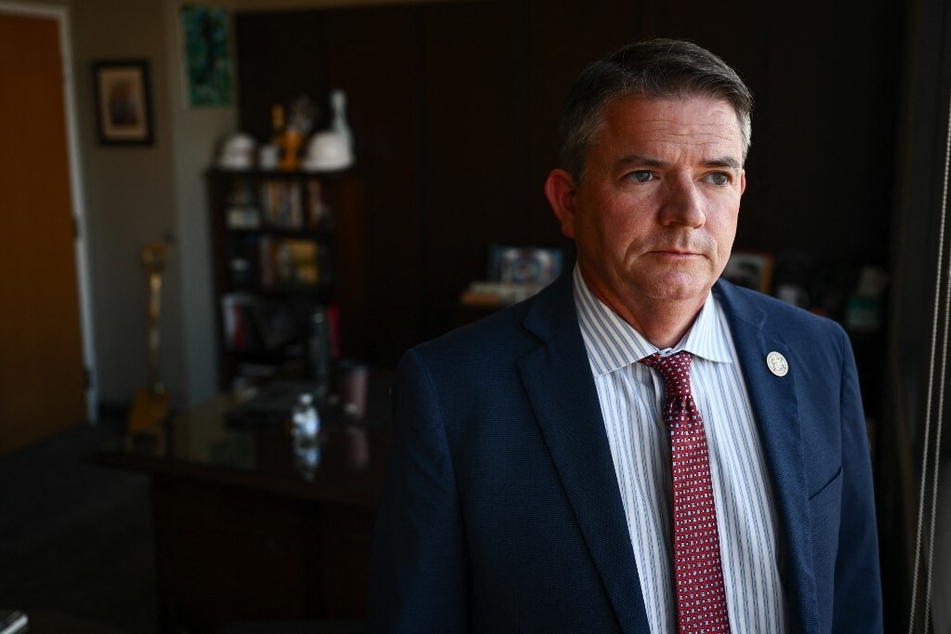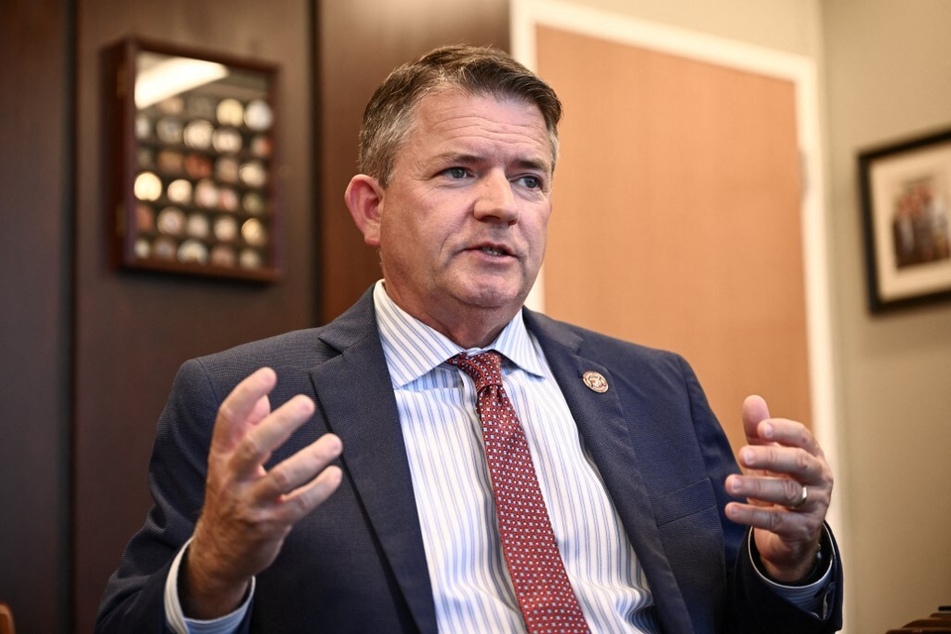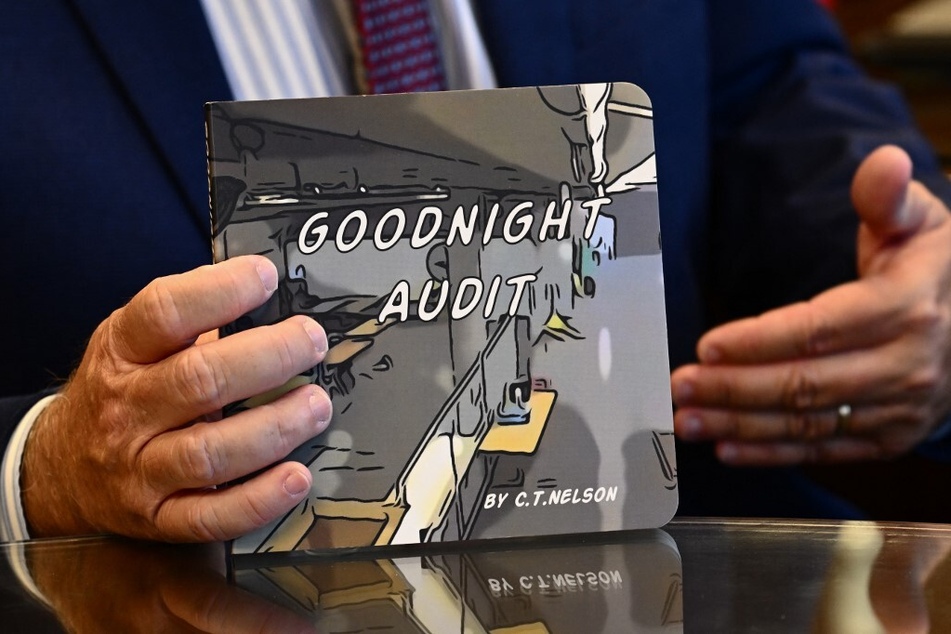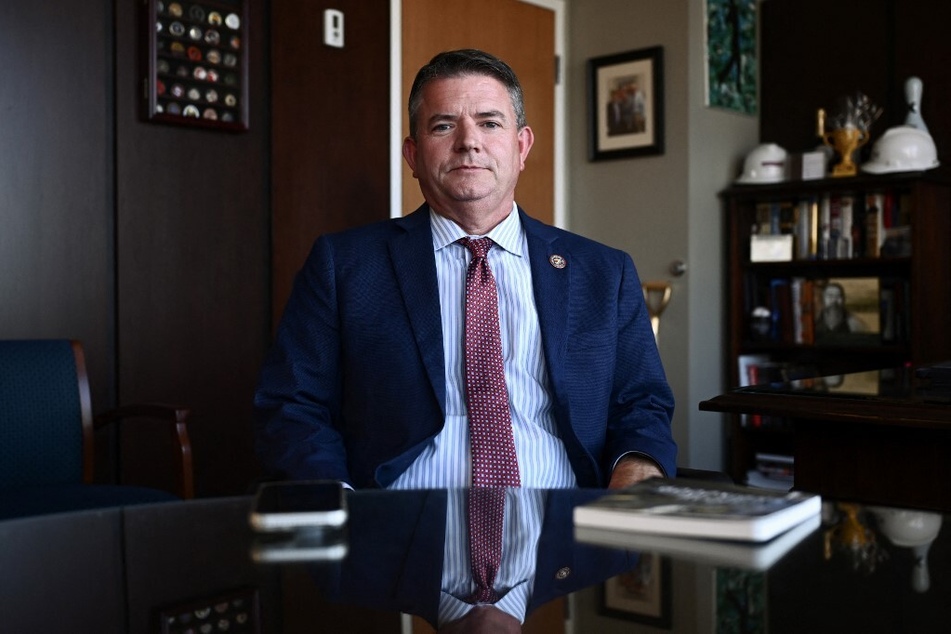Arizona Republican suffers PTSD after overseeing 2020 vote
Phoenix, Arizona - In the comfort of his Arizona office, election official Bill Gates still sometimes struggles to come to terms with his diagnosis for post-traumatic stress disorder.

For this staunch Republican, it was a term he had previously associated more with Afghanistan veterans, or rape victims, than somebody who oversees a presidential poll.
But the extraordinary 2020 election has turned his life upside down, as it has for countless officials across the United States.
Since refusing to endorse Donald Trump's false claims of a rigged election, and validating his defeat in Arizona's most populous county, the 51-year-old has endured a deluge of threats and harassment.
Finally, his anger consumed him, and he sought therapy.
"My therapist told me: 'You have PTSD – you didn't have bullets whizzing by your head, but you suffered a significant trauma and it's been very public,'" recalled Gates. "Your integrity is something that's very important to you. And it has been challenged on a daily basis... your family has been threatened and you've been threatened."
Joe Biden defeated Trump by just over 10,000 votes in Arizona – a rare Democratic win in the southwestern state, which has become a focus of conspiracy theories.
Maricopa County's board of supervisors, on which Gates sits and which he has previously chaired, has borne the brunt of far-right attacks.
Despite repeated pressure from Trump and his supporters, it certified the results.
Gates felt "betrayed" by members of his own party

Gates was labeled a "traitor" by many in his own party.
"Death threats became a sort of constant drumbeat," said the father of three. "We received some of the most vile threats you can imagine. One person tweeted that our daughters should be raped."
The family had to temporarily leave their home several times for security reasons.
Recounts, audits, and judicial inquiries carried out in Arizona since 2020 have concluded that there was no fraud.
Gates, a Harvard-educated lawyer, was left feeling "betrayed" and resentful of many erstwhile political allies.
Last May, after delivering the eulogy at the funeral of a fellow Republican party member, Gates snapped. He started shouting and gesticulating angrily about some of the other GOP members in attendance at the reception, causing a scene.
The next day, his wife urged him to undergo therapy, telling him that she no longer recognized her husband. He had become sleep deprived, losing his appetite and his sense of humor, and sometimes crying during interviews with the press.
"I was just filled with anger," he said. "I could physically feel like a cartoon character, entirely red inside."
Gates "makes peace" with his PTSD diagnosis

Gates had never been to therapy before.
On his PTSD diagnosis, he admits: "Even to this day... I struggle with that term being applied to what I've been through."
But he has found the process to be a valuable aid in gaining perspective on his situation.
"I've made my peace with it," he said. "I can't control the fact that some of my fellow Republicans think I'm a traitor, or others were just too much of a coward to stand up for me."
It also helped him to prepare for more turbulent elections in Arizona.
In November, mid-term polls were disrupted by technical problems with some voting machines in Maricopa County. Defeated by a narrow margin, Republican candidate for governor Kari Lake immediately cried foul. Her claims were rejected by the courts.
"No one was disenfranchised," said Gates, who was again called upon to provide transparency over Arizona's voting process in front of the world's media.
Gates will soon help to oversee the 2024 presidential election, for which polls predict a new confrontation between Trump and Biden.
Ahead of this election, Gates remains "concerned" about the poisonous atmosphere and misinformation that persist in the United States.
Gates expresses concerns about future of US democracy

Having broken his silence over the sometimes-taboo subject of mental health, Gates now encourages his counterparts to look after theirs.
"Many election workers have gone through the same thing. I'm just one of many who have dealt with death threats," he said.
According to a survey last November by the nonprofit Democracy Fund, one in four local election officials has been threatened with violence.
Gates expressed concern about a wave of early retirements and resignations among his peers. He has personally said he will not run for re-election to the Maricopa supervisors board after his term ends in 2024.
These positions, crucial to the functioning of democracy, are increasingly being targeted – sometimes successfully – by candidates who openly espouse fringe conspiracy theories.
"We are far from out of the woods," said Gates. "The 2024 election is really important to the future of this democracy."
Cover photo: Patrick T. FALLON / AFP

